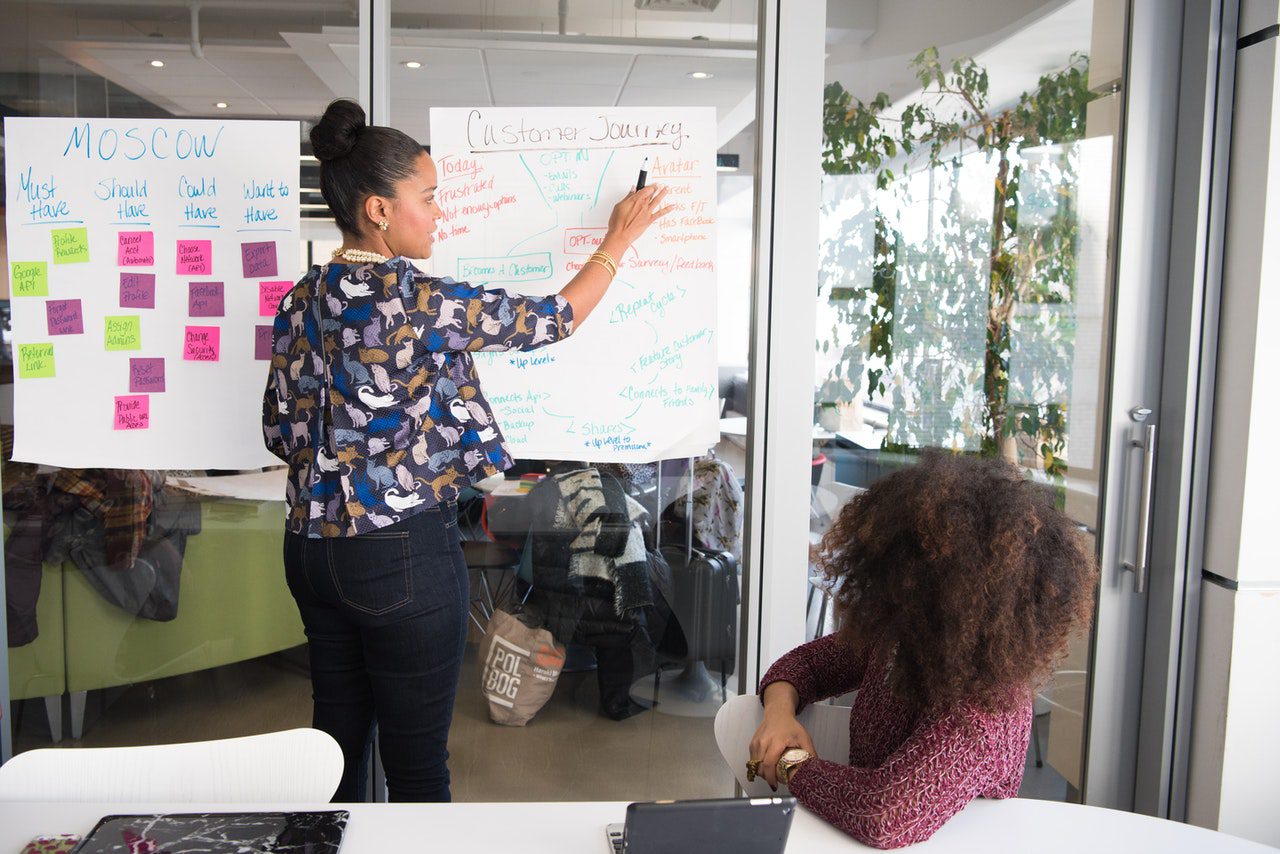It’s no exaggeration to say that COVID-19 has completely transformed the world of work. Some verticals have been hit worse than others, with industries like hospitality and travel virtually put on ice for a year and more and finance and retail forced to rethink their operating models, while cloud tools enterprises have boomed.
From pivoting to new business models to rapidly navigating digital transformation and accepting an almost-overnight shift to working from home, enterprises across the business ecosystem are still adapting to the changes that coronavirus forced upon them. Employers are exploring new obligations to employees, while employees are still trying to find their feet among fluctuating work-life demands.
At this crucial moment, employee training is taking center stage. While executives are still anxious about consolidating their digital transformations, driving revenue growth, and stabilizing their organizations, employee training is molding a new type of workforce that could revolutionize attitudes to work for decades or even centuries to come.
Here are some of the ways that post-COVID employee training could have a lasting impact on our working lives.
Employees will take control of their own training
An in-depth study by Deloitte reveals the importance of encouraging employees to claim agency over their own personal and professional development.
Instead of the company prescribing training for employees to “grow” the competencies it needs, employees will be offered the opportunity to choose which skills they want to explore.
It’s a phenomenon that’s slowly spreading across corporations, as executives realize the benefits of placing employees in the divers’ seats of their own careers, and the implications are immense.
Labor will no longer be a seen as a cost center
Moving training from employer-led to employee-led is nothing less than a transformation in that way that employers think about their workforce. Up until now, executives viewed labor as a cost which needs to be managed and controlled, but when employees can choose their own learning path, employers view them as partners.
Even the best of managers can think of employees as cogs within a larger machine, but a more human-centric approach to employee training brings that attitude to a halt.
Investing in the workforce becomes a way of supporting your employees and nurturing their talents, instead of a way to squeeze more out of your human resources.
The workplace will become a growth center
We’ve been slowly shifting to view work as a place to grow and develop for a long time, but modifications in employee training programs are accelerating the trend.
Employees are already choosing jobs according to the growth opportunities they offer, with close to three-quarters of job-seekers saying they’re far more likely to remain at a company that provides skill-building opportunities – and that’s only going to rise.
There’s a growing expectation that work should nurture your talents and help you develop both professionally and personally, rather than just providing a way to earn a paycheck.
Employees will discover a new loyalty
As employers offer better employee training programs together with opportunity marketplaces, we’ll see more talent traveling internally within the organization. These developments invite ambitious workers to climb the ladder more quickly, allow people to try out new skills and departments to find the best fit for their talents, and even to discover talents they didn’t know existed.
When workers feel empowered to tap into new challenges at will, it increases their loyalty to the employer and lowers the desire to switch to a new company. An “employer for life” attitude could replace the old “job for life” one, as employees move to different positions within the company at different times, according to their interests and the company’s needs.
Effective employee training serves the dual purpose of empowering employees while providing employers with the skills they need to keep up with fluctuating market demands. Employees can expect to be invited to upskill or reskill to help close skills gaps, while employers expect employees to try out new roles at will.
Work schedules will become more flexible
After COVID-19 pushed people to work from home, remote work has become an expectation, not a privilege. One study shows that 80% of full-time workers expect to be able to work from home at least 3 times a week after the pandemic ends. Remote work brings more flexibility around when and how work takes place.
Combined with on-demand employee training and an opportunity marketplace, it means that employees will be able to step up or down their work hours according to their stage in life.
Some organizations are already offering gig-style internal marketplaces, so that employees can choose the projects they work on. This approach means that employees can enjoy some of the benefits of freelancers (another growing trend), adapting the hours they work to the demands of raising a family or caring for loved ones.
Mental health will rise in importance
The new stresses of the pandemic pushed companies to improve training around spotting and responding to employees’ mental health needs. At the same time, tech advances like AI and AR/VR made it possible to deliver effective and remote training in these soft skills.
This new emphasis on mental health awareness isn’t likely to go away. HR can become the first place that people turn for their emotional and mental wellbeing.
The workplace will evolve into a new arena for mental health support, bolstering employees’ resilience rather than chipping away at their self-esteem.
Employee training could be a keystone for a new working life
Together with changes in work practices due to COVID-19 and the development of internal opportunity marketplaces, employee training is steadily remaking the world of work. As employees see work as a place of growth and mental health support, employers realize that their workers aren’t just another resource and empower them to make talent development decisions, and flexible working patterns become the norm, loyalty will rise and we could see a new era of positivity in the workplace.



































